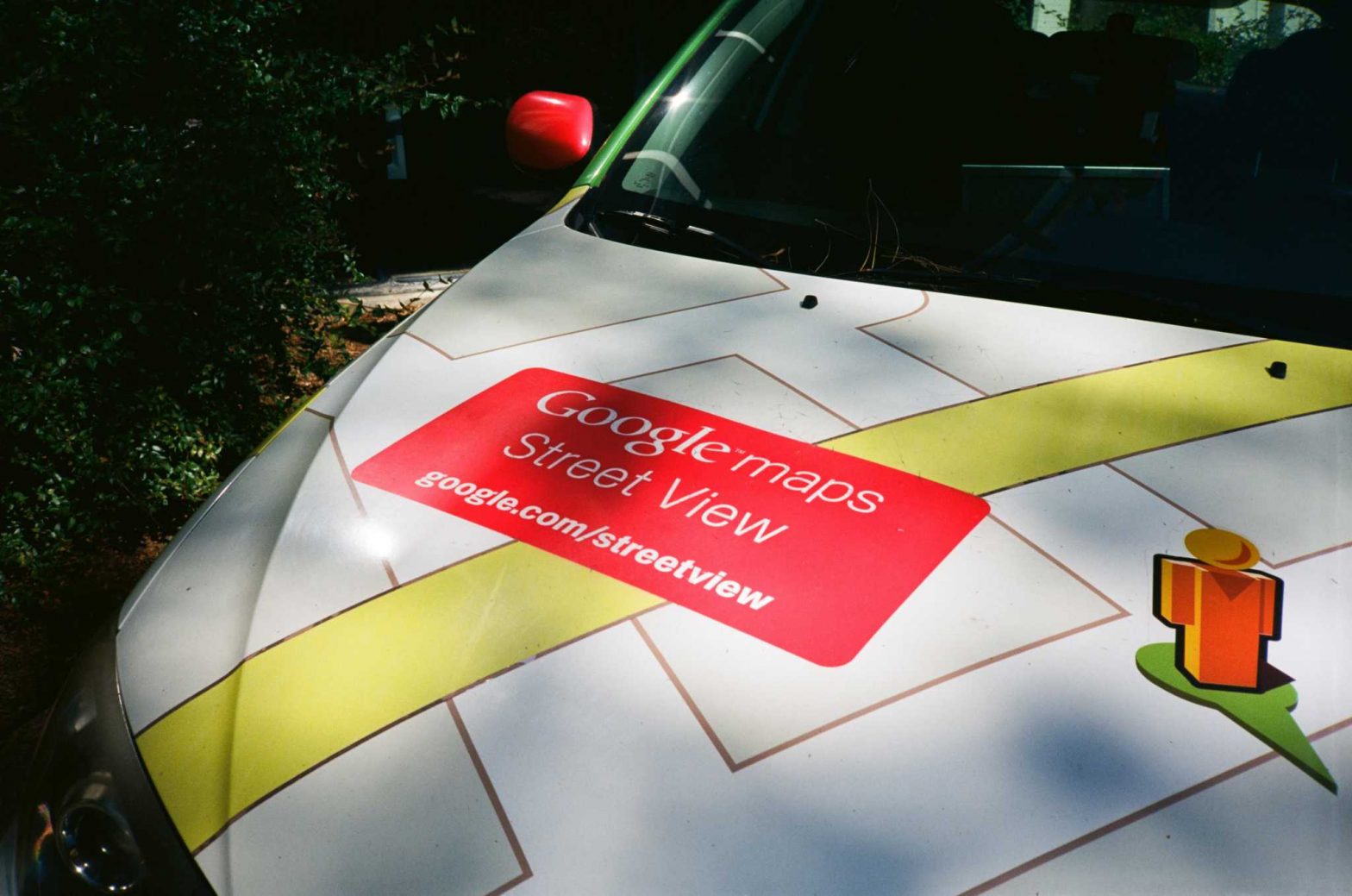Google can pay $13 million to privacy-rights groups to settle a suit over its former use of “Street View” vehicles to collect private computer information, including emails and passwords, from homes around the world, a federal appeals court ruled Monday.
The technology company began a program in 2007 to send specially equipped cars around neighborhoods to photograph and transmit panoramic views to subscribers. The vehicles also used Wi-Fi devices that were supposed to gather information about locations for program users, but also collected data that internet users transmitted over their own Wi-Fi, including user names, passwords, emails and other documents.
Google said it stopped collecting the data and halted the program — which opponents dubbed “WiSpy” — in 2010. The company paid $7 million in 2013 to settle a lawsuit by 38 states, including California, and said it would erase all the private information its vehicles had collected. The vehicles still take and transmit panorama photos, but Google says they no longer collect private Wi-Fi data.
Monday’s ruling involved a separate suit in San Francisco on behalf of as many as 60 million people who said Street View had invaded their privacy and violated federal wiretapping laws.
The settlement, reached in 2018, prohibits Google from resuming the private data collection or retaining the information and requires the company to educate consumers on how to protect their wireless networks. The $13 million is to be divided among nine organizations promoting privacy rights, including the Electronic Privacy Information Center, the World Privacy Forum and the American Civil Liberties Union, and their attorneys, who receive a 25% share.
None of those groups was a plaintiff in the lawsuit. But such settlements are common in class-action suits on behalf of large numbers of individuals — such as the 60 million in this case — when it would be difficult, or impossible, to distribute the funds among those individuals, and courts approve payments instead to groups that support the same cause.
But conservative groups have often opposed these arrangements, and the deal was challenged in this case by nine Republican-controlled states, led by Arizona. They said the money should be divided among the people whose privacy was invaded, or a group of those individuals chosen by lottery.
The Ninth U.S. Circuit Court of Appeals in San Francisco upheld the settlement Monday, although one member of the three-judge panel expressed reservations.
“It is time we reconsider the practice of cy pres awards,” Judge Bridget Bade said in a separate opinion, using the legal term for payments to third parties that are intended to serve the original purpose of the case. In language that may have been a signal to the Supreme Court to consider the issue, Bade, an appointee of President Donald Trump, said she was bound by Ninth Circuit precedent to uphold the settlement but believed such arrangements posed potential conflicts of interest between advocacy groups and the original parties to the case.
But Bade, joined by Judges Marsha Berzon and Morgan Christen, ruled that the settlement was legal, upholding a previous decision by U.S. District Judge Charles Breyer.
The states, and other objectors to the settlement, failed to suggest a reasonable alternative, because they could not describe how any individuals or group could show that Street View vehicles had passed by their homes and collected their data, Bade said in the 3-0 ruling.
For those individuals, the settlement means only “relinquishment of legal claims that might have been quite difficult to prove” and probably would have provided little in damages, Bade said.
Daniel Small, a lawyer for parties to the settlement, said, “We are grateful that the court once again upheld a proper role for cy pres settlements.”
Representatives of the states and Google were not immediately available for comment.
Bob Egelko is a San Francisco Chronicle staff writer. Email: begelko@sfchronicle.com Twitter: @BobEgelko
